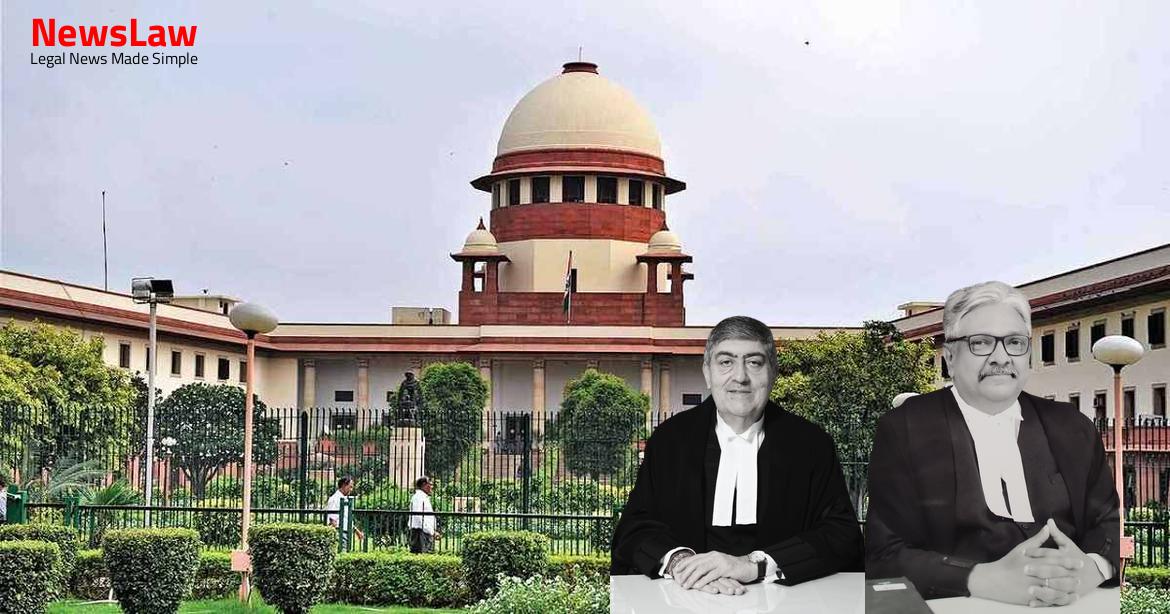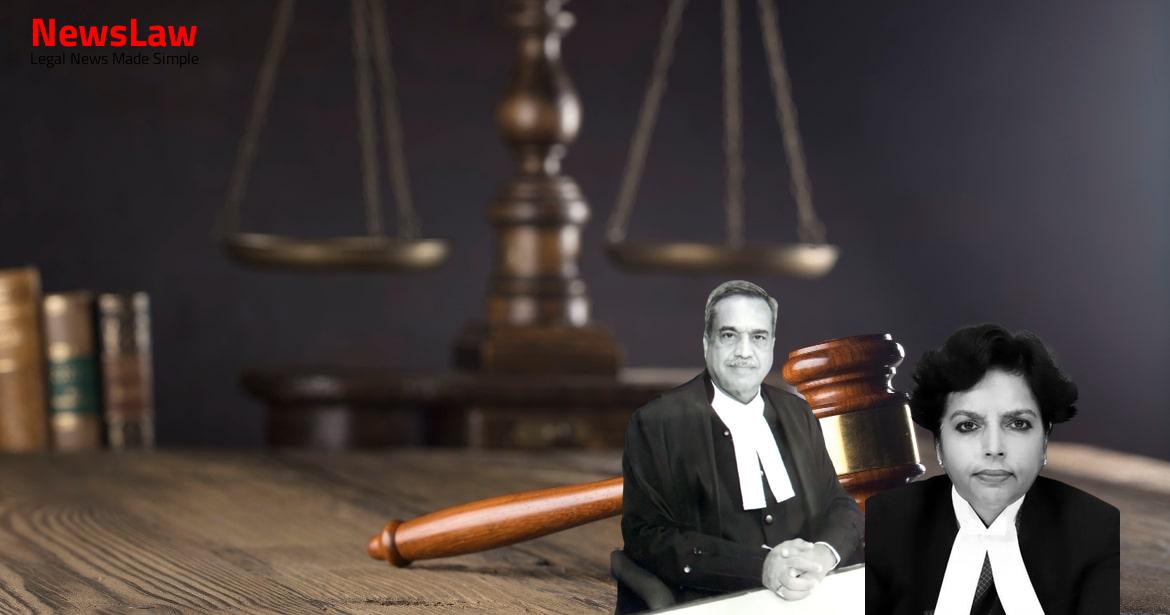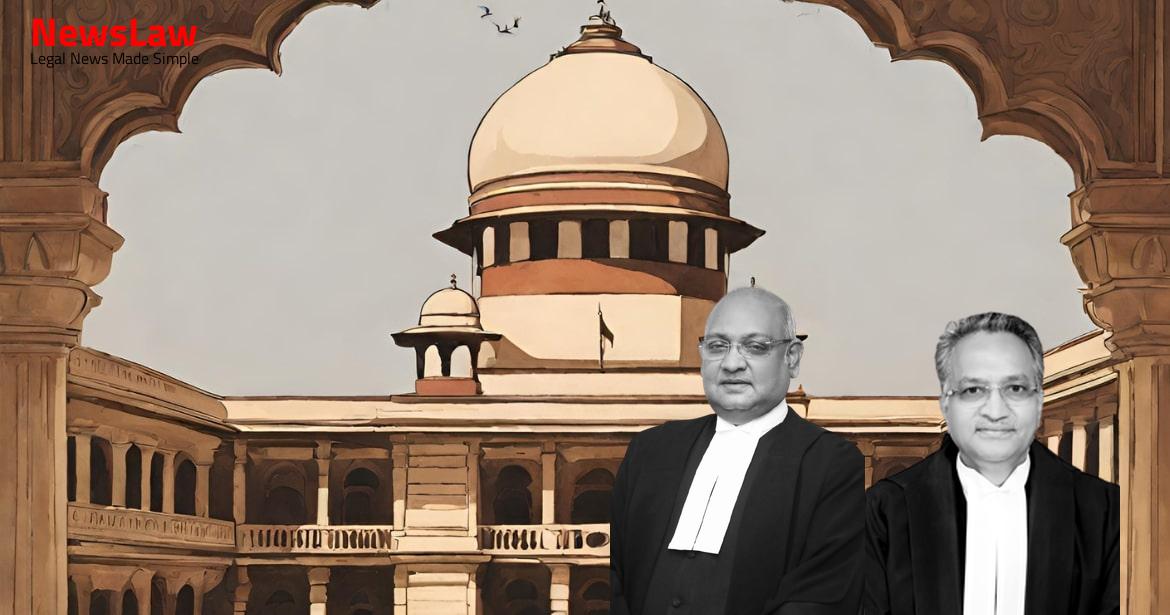Explore the recent Supreme Court judgment on the use of power under Section 319 of the CrPC in the case involving an FIR filed in P.S. Khera Garh, District Agra, Uttar Pradesh. The court discusses the necessity of strong evidence before summoning an accused, offering insights into the legal process. Stay informed about the latest developments in the case as the trial court considers summoning new individuals based on additional evidence. #SupremeCourt #LegalCase #Section319 #CriminalProcedure
Facts
- An FIR was registered against the appellant in P.S. Khera Garh, District Agra, Uttar Pradesh.
- The FIR included sections 147,148,149,307,302,323,504 and 506 of IPC.
- During the examination-in-chief of PW-1, the appellant was summoned as an accused under Section 319 of the Cr.P.C.
- The order summoning the appellant was challenged in a revision petition but was ultimately dismissed.
Also Read: Supreme Court Judgment on Single Till Mechanism for HRAB Calculation: A Comprehensive Analysis
Analysis
- The court discussed the application filed under Section 319 of the Cr.P.C. to summon the appellant based on evidence collected during the inquiry.
- The power under Section 319 CrPC can be invoked based on material collected by the investigating officer and evidence recorded by the court.
- The power under Section 319 CrPC is discretionary and extraordinary, to be used sparingly and only when circumstances warrant.
- Strong and cogent evidence is required against a person for the court to exercise the power under Section 319 CrPC.
- The controversy was not about whether the power could be exercised but whether the trial court had completed the necessary steps before doing so.
- The orders of both the High Court and the trial Court were set aside, leaving it open for the trial Court to consider summoning the appellant based on the principles discussed.
- The role of the appellant was misrepresented as firing with the intent to kill, which was not accurately reflected in the complaint or testimony of PW-1.
- The power under Section 319 CrPC can summon a person even if not named in the FIR or charge-sheet, as evidenced by the mention of the appellant in the written complaint and FIR.
- The power under Section 319 of CrPC can be exercised by the trial court at any stage during the trial, before the conclusion of the trial.
- The trial court can summon any person as an accused to face trial in the ongoing case if there is some ‘evidence’ against them, indicating their potential guilt of the offence.
- The prima facie opinion formed by the court must be based on stronger evidence than mere probability of the person’s complicity.
Case Title: SHISHUPAL SINGH Vs. THE STATE OF UTTAR PRADESH HOME DEPARTMENT STATION HOUSE OFFICER
Case Number: Crl.A. No.-001327-001327 / 2019



